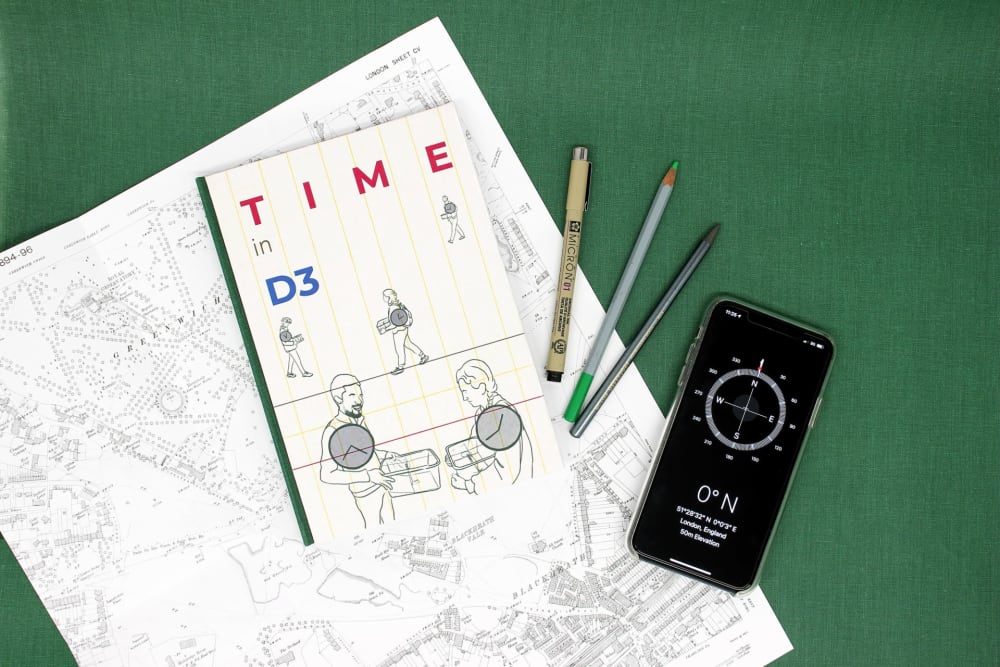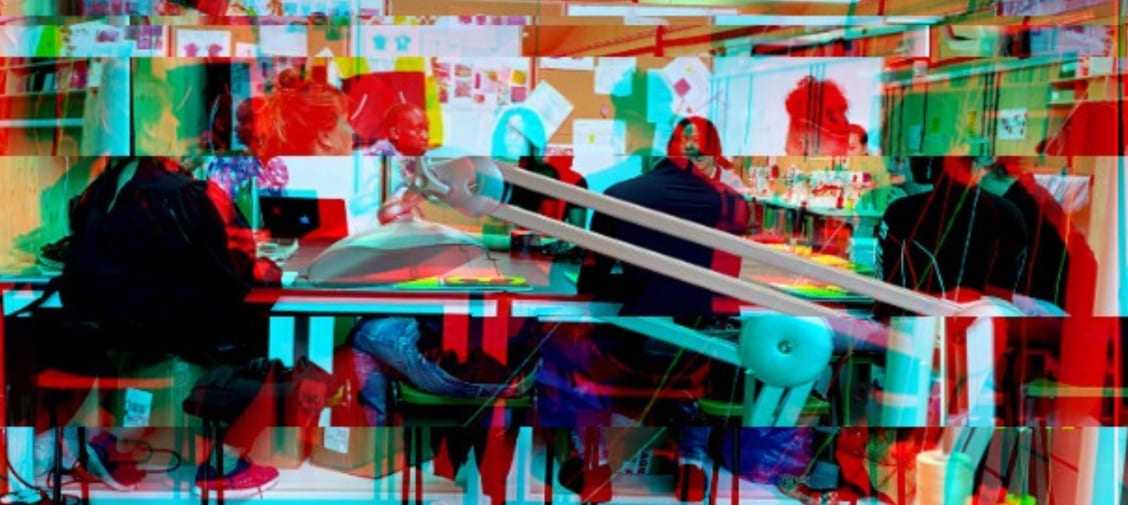UAL Storytelling Fellowship
The Storytelling Fellowship is now closed for applications. Please sign-up to our newsletter to keep updated.
The AKO Storytelling Institute is launching a 9 month fellowship programme to explore how storytelling can lead to social change.
Generously supported by the AKO Foundation, and co-designed with Crossover Labs, our new Storytelling Fellowship will bring together ten talented professionals and practitioners from across industries and disciplines to help us explore how storytelling can drive social impact.
In return, we will invest in and support our fellows through bespoke mentorship, a workshop-based programme of applied learning, and a total stipend of £7,500.
We will provide an open and supportive space for fellows to explore and learn with us. Fellows will use their projects to experiment and collaborate to find what has real world impact. We believe that in sharing knowledge and approaches across disciplines, and through interdisciplinary experimentation, we can discover new territories and potential that can take purpose-driven storytelling to a new level.
Our inaugural year (September 2023 - June 2024) will focus on the theme of Truth and Lies.
The fellows
The AKO Storytelling Fellowship is open to professionals and practitioners from a wide range of backgrounds.
You may be from the worlds of the arts, culture, media and entertainment with experience in any of the narrative creative disciplines. We welcome those working in theatre, script writing, TV, film, documentary, journalism, podcasting, immersive and interactive arts, game design, and more. You may be brilliant at what you do but feel that your work (or field) isn’t having the impact it could. Perhaps you worry you are preaching to the converted, of using old tired narrative tropes, or perhaps you simply lack the ability to evaluate whether what you are doing is working.
You might be from disciplines associated with campaigning and social change. You don’t have to be working directly to tackle disinformation, but we are looking for those who recognise that this is a phenomenon and a campaigning challenge. We are open to those working in campaigning organisations as well as those working in less formal settings – and across specialisms from policy and influencing to community organising and mass mobilisation.
Or, you might be working in an area that is particularly susceptible to disinformation and keen to be part of a cohort who explores what storytelling can do to help. Perhaps you are an educator seeing the children you work with manipulated by lies, or a health professional determined to find a way to reach those vulnerable to anti-vaccination misinformation.
Researchers are also welcome to apply. Perhaps you’re a cognitive scientist researching techniques to combat disinformation that don’t ‘backfire’, or a sociologist looking at the wellness space for health misinformation.
What matters most to us is that you are committed to using your skills for societal and environmental change and are prepared to be flexible and brave, defying the conventions of traditional storytelling.
We are looking for fellows who are collaborative by nature and who relish the idea of spending a year working alongside skilled practitioners from many different backgrounds. These fellows will become part of a community of professionals and practitioners who are dedicated to the discipline of storytelling for change and want to be part of the community who figures this out.
Eligibility
All applicants must:
- have a right to work in the UK for the duration of the Fellowship,
- be in London for the in-person sessions (schedule below),
- be able to commit to the whole programme.
You are able to apply as an individual, a pair or a trio and there is no upper age limit for applications.
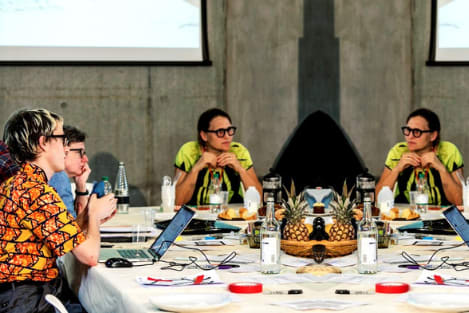
The theme: Truth and Lies
Hoaxes and conspiracy theories have long been a global threat to freedom and democracy, but the development and widespread use of digital media now enables fake news and disinformation to spread like wildfire. Disinformation affects every area of public life: from state sponsored disinformation to grassroots conspiracy theories; in mainstream media and online in the margins. It infiltrates a multitude of topics from climate to health to the benefits system. And it takes various forms from artificially generated deepfakes to plain text.
Combating disinformation is complex. Some concentrate on the supply side - lobbying for regulation or using technology to identify manipulated media. Others focus on the demand side - thinking about how to build public tolerance against disinformation.
If you care deeply about combating disinformation, believe in the power of storytelling to bring about change, and are excited by the opportunity to extend what you do and learn from others, then we want to hear from you.
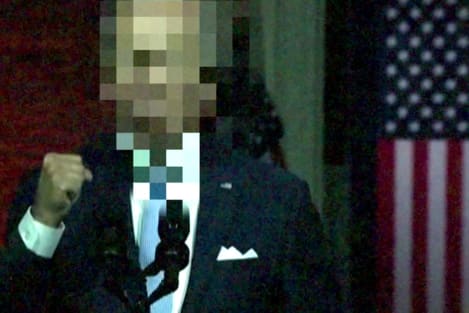
The projects
Fellows are asked to come with a research question to explore. Truth and Lies is a broad category, and we encourage potential fellows to be specific with their research questions.
Your research question will be explored over the course of the year as the group identifies potential pathways for change, target audiences, tactics and creative approaches.
Your research question may end up being realised as a creative project such as a prototype, an artwork, a film, a performance, a stunt, an exhibition, or it might be a new narrative approach or a research insight.
The aim is that through your participation in the fellowship, and through your projects, we’ll learn together what works in storytelling-for-change.
At the end of the year we will showcase these provocations, interventions, art and media works, evaluate their impact and synthesise what we have learnt along the way.
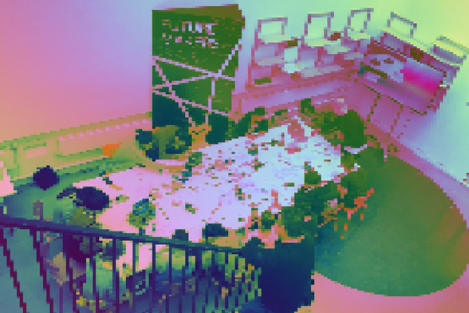
The programme
The UAL Storytelling Fellowship runs from September 2023 to June 2024.
You will complete an applied, practical 9 month programme supported by workshop-based learning around creativity in storytelling, communication and engagement methods, production, research and evaluation.
The programme begins with a 5 day intensive programme where you’ll be immersed in research and insights on disinformation, social change and different frameworks for impact creation and evaluation. For the rest of the year, as you develop your thinking, and design and make your projects, the AKO Storytelling Institute will provide guidance through onsite programming, supervision and community building.
- Funding: each fellow will receive a total stipend of £7,500 (subject to statutory deductions). This will cover the time for freelancers or can be paid to a workplace to backfill the fellow. There are no stipulations for how the stipend is used.
- Expert talks: we will curate an eclectic and inspiring programme from leading experts from across diverse fields. These may range from talks from documentary makers on impact planning and distribution, to discussions with behavioural scientists on messaging and strategy, to masterclasses on movement building and campaign strategy.
- Workshops: regular workshops that broaden fellows’ outlook and drill down into specific areas of project development for impact.
- Mentors: bespoke mentoring from a diverse and changing selection of expert mentors.
- Peer-to-peer review and discussion: fellows will present to each other during the Fellowship.
- Socials and networking: regular opportunities to network with each other and specialists brought to the programme.
- Showcase: fellows will present their work at the end of the year in a public showcase produced in collaboration with the AKO Storytelling Institute and Crossover Labs.
- UAL facilities: Access to UAL facilities including the library, full educational licence for Adobe Creative Suite and access to our Short Courses.

The schedule
September 2023 - June 2024
- Five-day intensive: 4 - 8 September 2023.
- Mid-year intensive: two-day project development, 8 - 9 January 2024.
- Monthly day workshops: 28 September, 26 October, 23 November, 8 February, 7 March, 4 April, 2 May, 13 June.
- Monthly evening expert talks: 5 October, 2 November, 30 November, 18 January, 15 February, 14 March, 11 April.
- Lunchtime monthly online project mentor sessions: 2 hours, 21 September, 19 October, 16 November, 1 February, 29 Feb, 28 March, 25 April, 30 May.
- Showcase training and preparation: 16 - 17 May 2024.
- Showcase: June 2024.
This amounts roughly to 20 in-person full days, 7 in-person evening talks, 8 online lunchtime mentor sessions.
